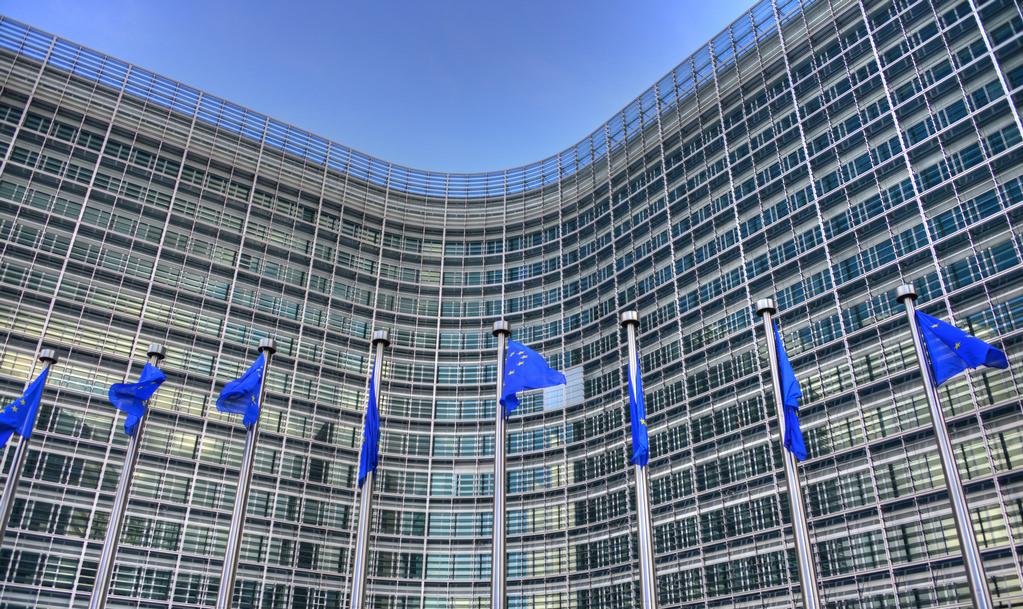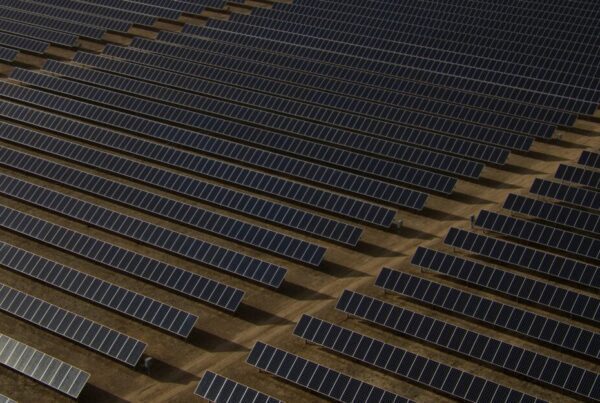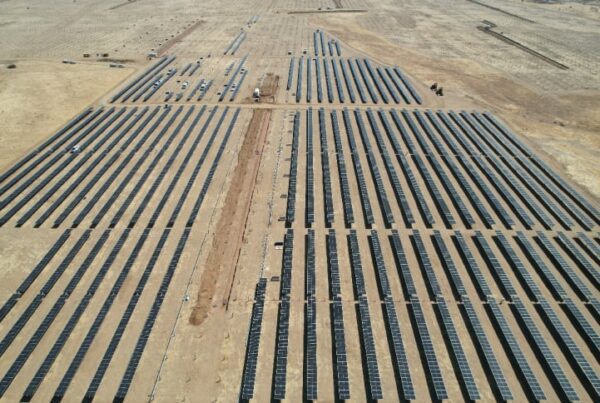
The European Commission has proposed to reform the EU’s electricity market design in a move to accelerate the uptake of renewables.
The reform which is part of the EC’s Green Deal Industrial Plan aims to enhance the competitiveness of Europe’s net-zero industry and offer better stability of price electricity, which has been one of the main concerns coming from European solar manufacturers in order to be able to play at a level-playing field with other countries.
Several legislations will be reformed, including the Electricity Regulation, the Electricity Directive and the Regulation on Wholesale Energy Market Integrity and Transparency (REMIT) Regulation while introducing measures to incentivise longer-term contracts with non-fossil power production.
The EC will aim to reflect the lower cost of renewables, which could boost even further the installation rate of solar PV as the EU aims to deploy 740GWdc of solar PV by the end of the decade, as part of its REPowerEU strategy released last year.
Kadri Simson, EU commissioner for Energy, said: “We are today proposing measures that will enhance the stability and predictability of energy costs across the EU. Driving investment in renewables will help us reach our Green Deal goals and make the EU the powerhouse of clean energy for the coming decades.”
As the proposal includes measures to accelerate the deployment of renewables and the phase-out of gas it will further integrate the integration of renewables in the electricity system while improving conditions for the use of flexibility solutions, such as storage or hydropower.
In addition, system operators will be required to offer better transparency in terms of grid connection capacity availability, while trading deadlines would be brought closer to real-time to allocate a better flow of renewables trade and balancing.
Among these reforms, the EC will propose to ease the deployment of more stable long-term power purchase agreements (PPAs), with member states asked to ensure the availability of market-based guarantees for PPAs.
In order to provide power producers with more stability and avoid price volatility, any public support for new investments in renewables will be done via a two-way contracts for difference (CfDs).
Naomi Chevillard, head of regulatory affairs at SolarPower Europe, said: “Homes and businesses will be able to access PPAs more easily. Businesses are set to benefit from new government de-risking schemes that backup their ability to sign these long-term energy supply contracts. The reinforced legislative framework for PPAs will give both suppliers and buyers more clarity in signing new agreements.”
Moreover, one of the reforms concerns the possibility for consumers to invest in solar parks and sell excess rooftop solar electricity to neighbours, not only to the supplier bringing another potential income source.
Rooftop solar was also in the discussion in Strasbourg on Tuesday as the European Parliament voted and approved the Energy Performance of Buildings Directive (EPBD) which will give better support for rooftop solar across Europe and accelerate its deployment starting from 2025.
Jan Osenberg, policy advisor at SolarPower Europe, said: “The European Parliament’s support for the European Solar Rooftops Initiative, sends one clear signal: solar buildings are a key solution to lowering energy bills, ensuring energy security, and meeting our climate ambitions.”
The proposed reforms for the European electricity market will now be discussed and agreed upon by the European Parliament and the Council before being enforced.





